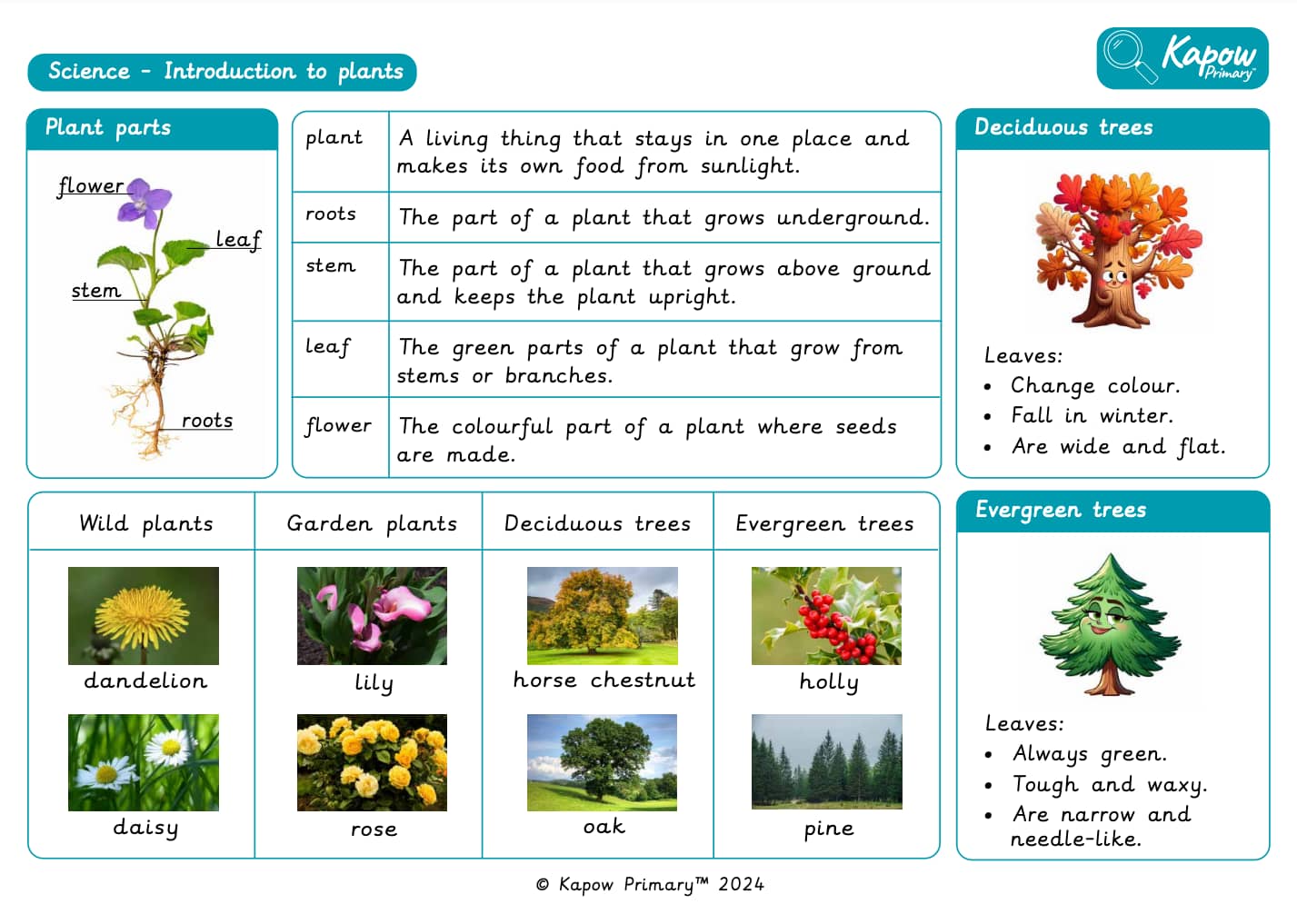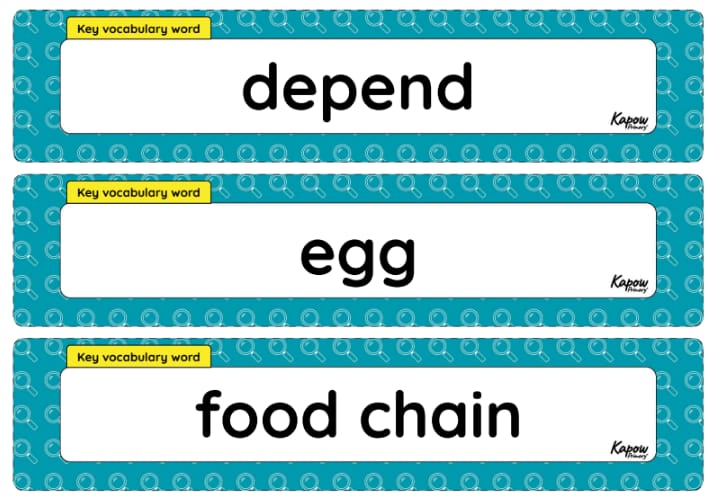Y1/2 (A): Making connections: Ocean protectors
Consolidating knowledge of life cycles, habitats and food chains through ocean and rock pool exploration.
New statutory RSHE guidance is here. We’re creating our brand new RSE & PSHE scheme ready for September 2026. Learn more
Unit outcomes
Pupils who are secure will be able to:
- Describe how some living things in a rock pool have their needs met and how the conditions change.
- Order the stages of different animal life cycles.
- Identify similarities and differences between different animal life cycles.
- Recall different types of litter that affect ocean habitats and describe some of the problems linked with ocean litter.
- Suggest ways to reduce how human litter affects the ocean.
- Recall how to write a food chain and produce an example of an ocean food chain.
- Describe how litter affects a food chain.
When working scientifically, pupils who are secure will be able to:
- Complete a tally chart to record the living things in rock pools and summarise observations.
- Make careful observations and pose questions about ocean animals and their life cycles.
- Begin to plan an experiment and predict changes to materials in ocean water over time.
- Observe and make comparisons to materials soaked in water and summarise the results from the ocean litter investigation.
- Use the results to explain which litter is worst for the oceans and advise people about their material choices.
- Describe the role of a marine biologist.
- Record the number of living things found in the ocean as a tally chart and as a pictogram.
- Compare two sets of data and summarise findings.
Please note that Kapow Primary Science lessons are designed to be 1 hour and 30 minutes long to reflect the requirements of a core subject.
Suggested prior learning
This unit revises and builds on learning from the previous Y1/2 (A) Science units.Lessons
Y1/2 (A): Lesson 1: Rockpooling
Knowledge
- To describe a rock pool as an example of a habitat.
Working scientifically
- To record information about model rock pools.
Y1/2 (A): Lesson 2: Life cycles of ocean animals
Knowledge
- To compare animal life cycles.
Working scientifically
- To pose questions about life cycles.
Y1/2 (A): Lesson 3: Ocean litter
Knowledge
- To describe some ways humans affect the ocean.
Working scientifically
- To investigate what happens to different materials in the ocean.
Y1/2 (A): Lesson 4: Ocean food chains
Knowledge
- To describe how litter affects food chains.
Working scientifically
- To use results to advise about litter.
Y1/2 (A): Lesson 5: Being a marine biologist
Working scientifically
- To report on changes to ocean numbers.
Key skills
Key knowledge
Related content
Unit resources

Y1/2 (A): Science Knowledge organisers
A complete collection of the mixed-age Y1/2 (A) Knowledge organisers referred to in this unit. The Making connections units do…

Vocabulary display – Science Y1/2 (A): Making connections: Ocean protectors
A display version of the vocabulary for the mixed-age unit ‘Making connections: Ocean protectors’.
Cross-curricular opportunities
English: Spoken language; Reading – comprehension; Writing – comprehension.
Mathematics: Number – number and place value.
Geography: Human and physical geography.
British values: Mutual respect.
Build on the learning
The next unit will depend on which cycle the children have next.Popular content
- Science: Curriculum portal
- Science: Curriculum information
- Subject leader video: How is Kapow Primary’s Science curriculum designed?
- Science: Potential deep dive questions
- Science: PD, SMSC and British values mapping
- Webinar: Fieldwork And Your Local Area In Geography
- Webinar: Ace your role as a music subject leader

